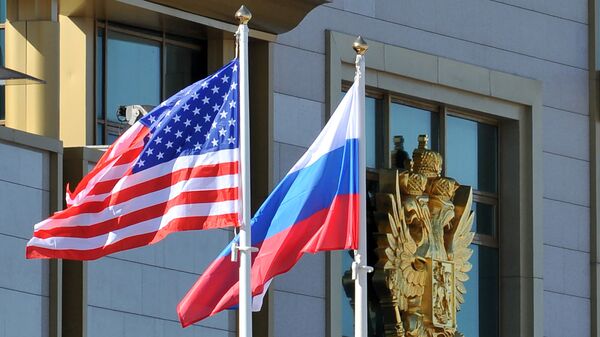"The Congressional Budget Office was asked to examine what the costs would be if the United States pursued one type of outcome: increasing its deployed strategic nuclear forces from no more than 1,550 warheads as specified in New START to the levels specified in the three most recent agreements - the Moscow, START II, and START I treaties," the report said.
Expanding forces to Moscow Treaty limits (1,700 to 2,200 warheads) would not increase costs relative to current plans, which call for spending $240 billion over the next few decades to develop a new generation of nuclear delivery vehicles such as missiles, bombers and submarines, the report said.
The Moscow Treaty is also known as the Strategic Offensive Reductions Treaty (SORT), the report noted.
Matching limits in Start II (3,000 to 3,500 warheads) or Start I (6,000 warheads) could be accomplished by boosting the number of warheads on each missile, which the report refers to the low-cost option.
Increasing warhead loadings to reach the START II limits would incur about $100 billion in onetime costs, while the more expensive option of increasing the number of delivery vehicles while maintaining current warhead loadings would increase onetime costs by up to $172 billion over several decades, with annual expenses of $3 billion to $8 billion, the report said.
To reach higher warhead levels in START I, the low-cost option would add $88 billion to $149 billion in onetime coats plus and an additional $4 billion to $10 billion annually, compared with additional onetime costs of $410 billion to $439 billion for the more expensive option, plus additional annual expenses of $24 billion to $28 billion, according to the report.
Should the New START treaty be allowed to expire, the size of the nuclear arsenals of the United States and Russia would be without limits for the first time in decades.




